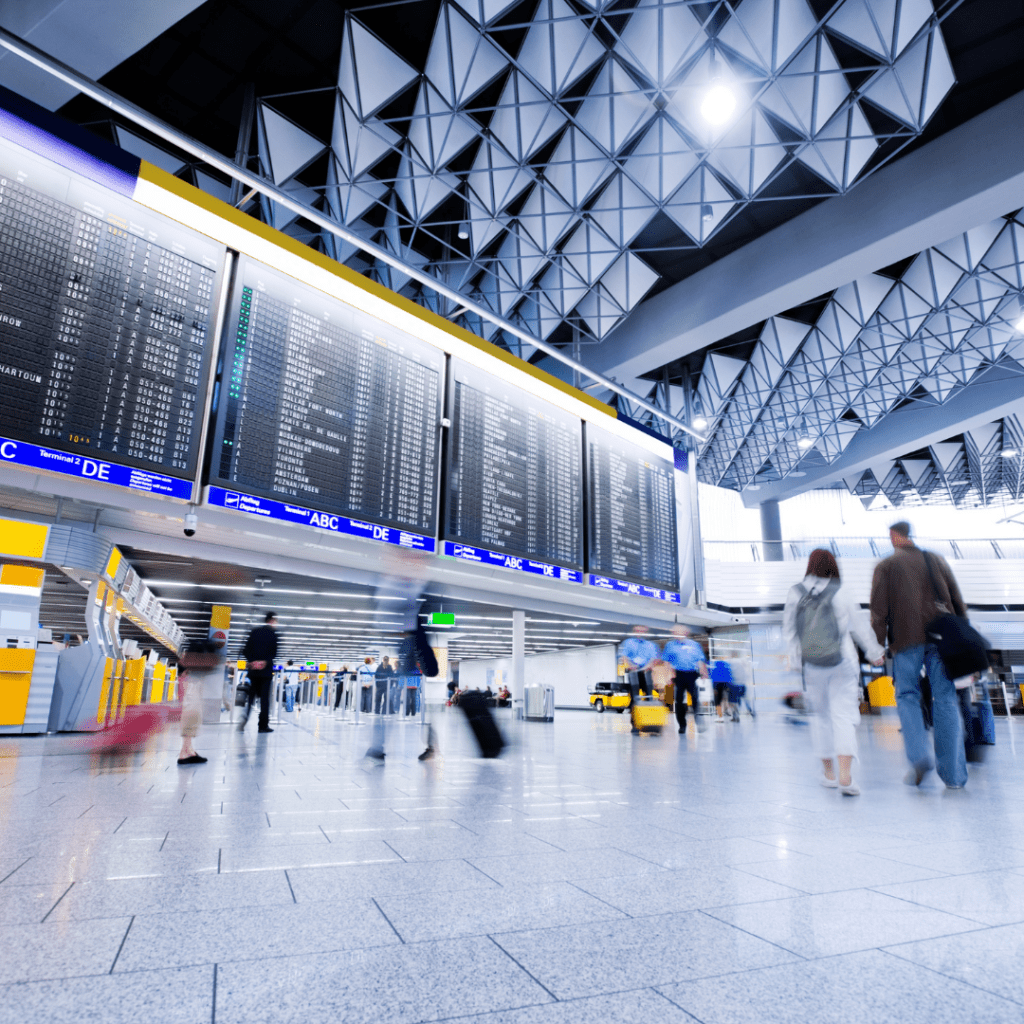
Airport charge reform was on the table prior to the Covid-19 pandemic, but the strain on aviation caused by the crisis saw the issue pushed under the carpet. The European Commission is facing elections in June and after that a new policy agenda and set of priorities will be set out. Airports are keen to ensure the issue of airport charge reform does not slip off the radar.
Arguing in favour of reforms to the charging structures airports are able to put in place, various airlines have questioned how slots are regulated and how revenue is justified.
In typical belligerent form Ryanair CEO Eddie Wilson, compared the set up airports have currently to organised crime.
Airports are like the mafia: They always get paid.
Eddie Wilson, CEO of Ryanair
He was referring to pricing arrangements that seem to allow airports to increase charges no matter the context. “If the passengers go up, they need more resources [to offset] operational expenditures,” Wilson remarked. However he noted at the same time, “if there’s less passengers, the charges go up” to compensate for their losses.
Ryanair is clubbing together with other airlines to demand a “meaningful say” in airport charging and expenditure. Airports should “listen to their customers, who are bringing people to those airports” Wilson commented.
On the other side of the equation, Olivier Jankovec, director of ACI Europe, an airport pressure group was not afraid to respond in terms, noting the disparity between airport profits and the fate of small regional hubs.
“Who is making money? Ryanair or Carcassonne Airport?” he asked. Going further to interrogate the way regional infrastructure projects end up competing for clients and support he added: “I think we know the answer. The balance of power between airports and airlines is completely flipped. Now, we have pan-European airlines: big groups that can basically put airports against each other.”
Airports are lobbying for the reform of the so-called 80-20 rule whereby airlines are guaranteed future slots as long as they have used existing slots 80% of their allocated time. “That’s a license to waste the capacity for 20 percent of the time,” Jankovec points out. His solution? A small increase to the minimum slot usage threshold particularly in busy terminals.
Airlines meanwhile accuse airports of preferring to leave slots empty “than incentivize an airline”, as Ryanair puts it.
Amid the row, the European Commission has initiated plans for a review or “fitness check” of aviation regulation, to ensure it is fit for purpose going forward.
Source TravelTomomorrow




